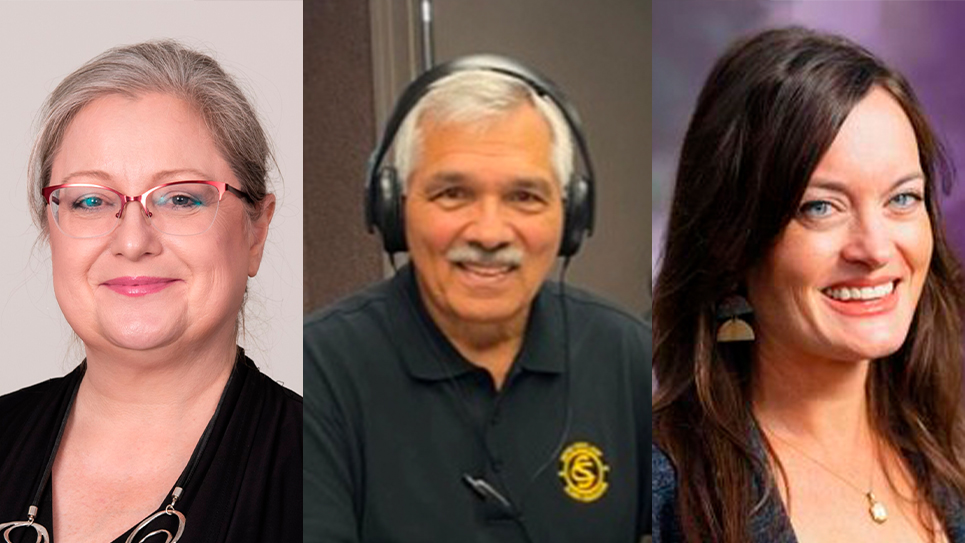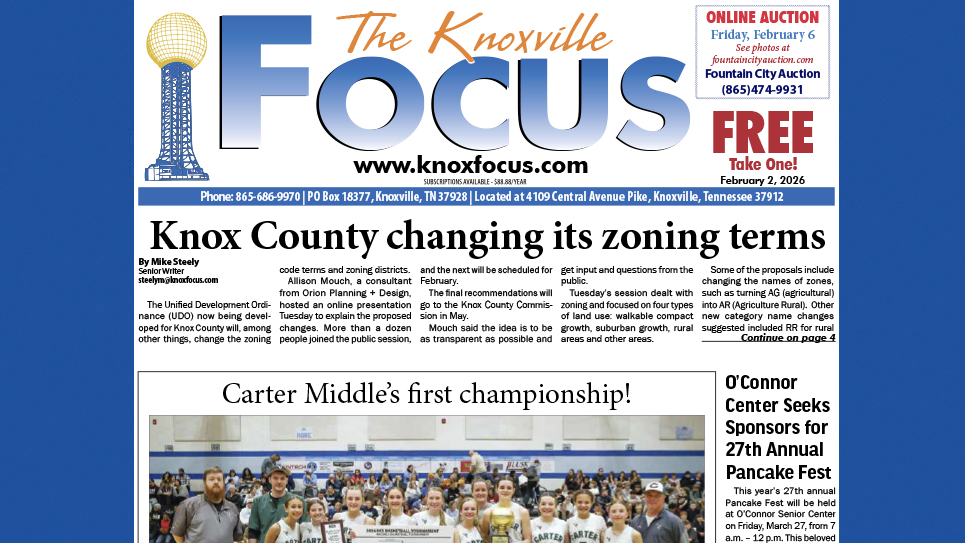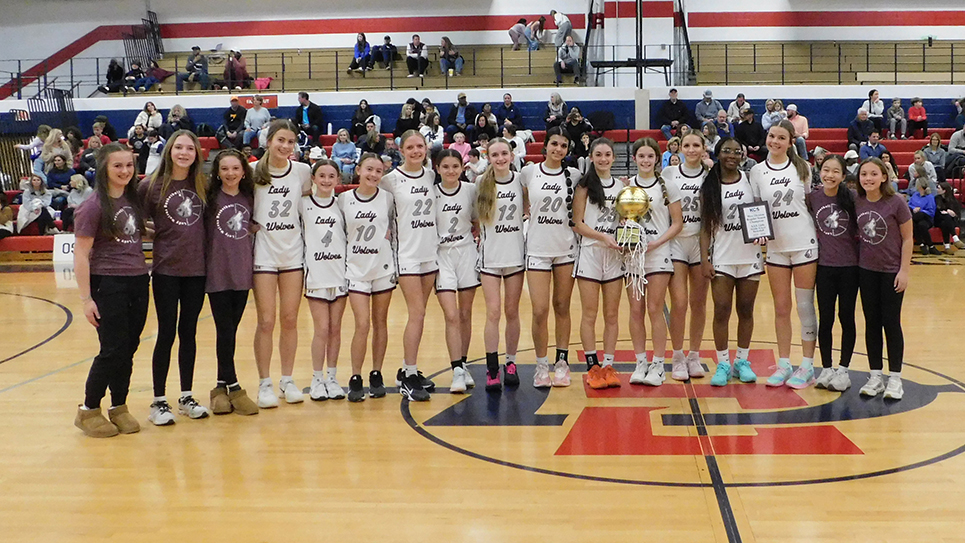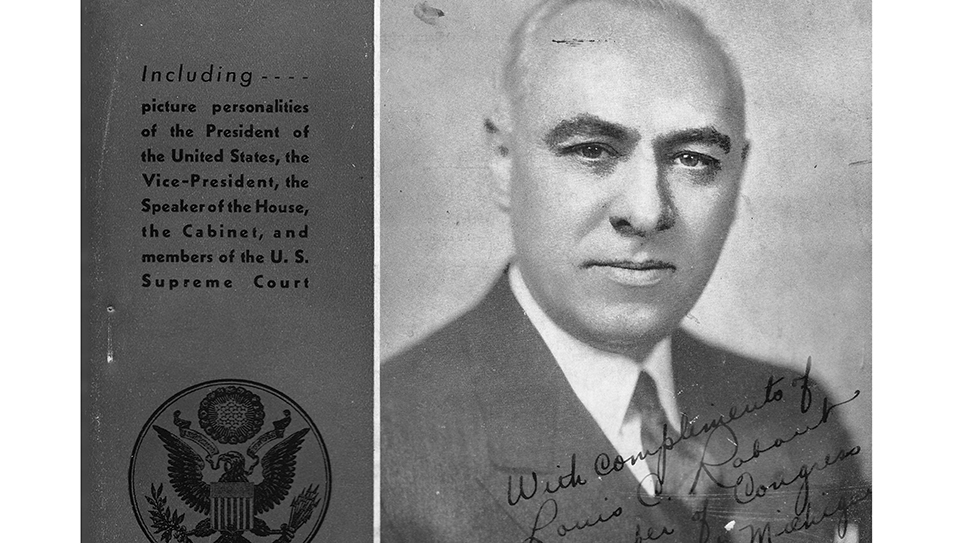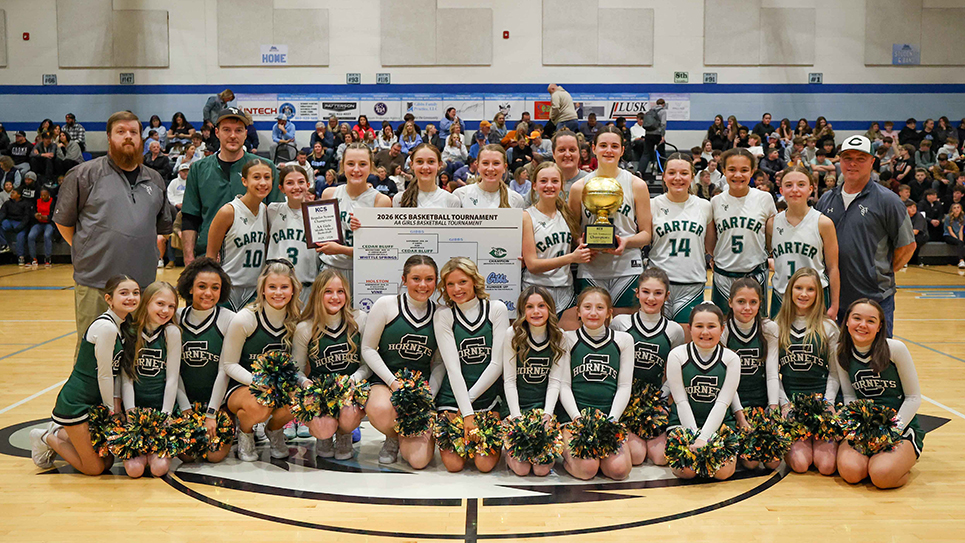Three vie for District 2 school board seat
By Mike Steely
Senior Writer
steelym@knoxfocus.com
Knox County School Board District 2’s race is drawing some interest as the incumbent is running as an Independent, one candidate is a Democrat newcomer, and the third candidate is a local veterans leader also running as an Independent.
The district stretches from just north of downtown up to Fountain City and takes in the surrounding neighborhoods. Jennifer Owen is the incumbent and has been one of the most outspoken members of the school board. She was originally elected when the school board races were non-partisan.
Anne Templeton is a Democrat. Owen and Pat Polis are running as Independents.
Early voting starts July 12 and ends July 27. The general election is August 1.
The Focus asked the three candidates several questions and here are their replies, some edited for brevity:
What is your opinion on charter schools?
Templeton: I am skeptical of charter schools. Each application needs to be studied carefully to ensure transparency, fairness and measurable outcomes.
Charter schools often drain critical resources from public schools by targeting specific demographics, leading to significant funding losses for public schools, such as Title 1 funds. This exacerbates the challenges faced by already underfunding.
Although charter schools must be approved by the school board, they are not held to the same accountability standards as public schools. This discrepancy leads to significant disparities in educational outcomes. Furthermore, there is often no clear exit strategy for underperforming charter schools, allowing them to continue operating despite failures.
This lack of accountability and overall transparency make me wary of the charter school model.
Owen: Public charter schools are “public” only in their use of public funds and some basic open records requirements. Communities are falsely led to believe that charter schools have the same oversight as traditional public schools – and this is simply not true.
The boards of charter schools are not elected and do not have to answer to families or to the public. Charter schools can build wherever they want, without concern for where schools are actually needed, leading to an unfair distribution of funds and reducing the overall amounts available for students in the district, as a whole. Charter schools have no local disciplinary oversight and can refuse to admit students or “encourage” certain students to return to their traditional school, rather than serving their needs.
Polis: Like most other issues, charter schools evoke both positive and negative reactions. Charter schools are more selective than public schools and operate similar to private schools. Charter schools tend to be more racially segregated than traditional public schools. On the other hand, charter schools offer an aggressive curriculum that more readily engages student innovation. Charter schools also offer innovative approaches to learning. We live in a world of options. Education, and the schools that provide it, have become an option.
What qualifies you to be on the Knox County Board of Education?
Templeton: I am running for the Knox County School Board with a proven commitment to public education. As the former PTA president at Beaumont Magnet School, I advocated for sustained magnet funding and later supported families and teachers through the pandemic. With two school-aged children, I understand firsthand the importance of a safe, equitable education that fosters critical thinking and social awareness.
By nature, I am a listener and, by trade, a community advocate. I believe it is our duty to be actively involved in bettering our society. Acknowledging the pivotal role of public schools in community success, my goal is to be a connecting voice between the engaged community, teachers, and administrations. Together, we can support and strengthen public schools.
Owen: I have experience serving on the Knox County Board of Education for two terms as well as:
– Extensive training in policy-making, school law, district finance, and legislation impacting school policies, procedures, and curriculum.
– Seven years of service as the Knox County Board of Education’s Legislative Liaison and Legislative Representative.
– Tennessee licensure to teach English and instrumental music.
– 23 years of teaching experience in public schools.
– Historical knowledge of decisions impacting Knox County Schools.
– Extensive experience writing and editing school board policies, resolutions, and legislative priorities.
– A strong record of listening to concerns and addressing them with the Board and the KCS administration.
– A clear understanding that the duty of a school board member is to serve the interests of ALL students in ALL of our public schools in Knox County.
Polis: I am a former Army officer with both command and staff experience, as well as three combat tours. I am a former plant manager and corporate CEO and a retired senior pastor. I bring a wealth of education and experience to the table in many disciplines and have always made a difference in whatever arena I have served. I love Knoxville and have been an active part of the community since 1993.
What are your thoughts on state law mandating that school board candidates be affiliated with a political party?
Templeton: The current law does not mandate that school board candidates be affiliated with a political party, but it does allow for partisanship in the elections. Ensuring that decisions are made in the best interest of students should always guide decisions when on the board.
Owen:
State law does not mandate that any candidate be associated with a party.
State law gives parties the ABILITY to hold a primary election for school board, but does not require any party to participate and it does not require candidates to be affiliated with a party.
From Tennessee Code Annotated: 49-2-201 Election or Appointment 49-2-210(a)(1) Elections for school board members may be conducted on a partisan or nonpartisan basis. If at least one (1) county primary board of a political party elects to conduct school board elections on a partisan basis, then a person seeking a position on any board in that county may campaign as the nominee or representative of a political party, and political parties may nominate candidates for membership on the board by any method authorized under the rules of the party or by primary election under title 2.
Polis: It is public information that I am a registered Republican. However, I declared as an Independent for this school board seat. I do not believe that children should be part of the political process. A politically oriented school board may tend to lean toward a political bias which may then take precedence over what is best for the children. And what’s best for the children should always have precedence.
Should students be permitted to have cell phones in classrooms?
Templeton: Research consistently highlights the negative impacts of cell phones with social media on children’s mental health and academic performance. It is linked to increased anxiety, depression and sleep interference. Many schools across the country that have implemented phone bans have reported improvements in behavior, attention and academic outcomes.
Despite current rules against phone use in classrooms, teachers still struggle to maintain attention due to constant disruptions. KCS should implement measures to enforce stricter phone usage policies and research options to shut them down during the school day. I’m confident we can significantly reduce instances of bullying and distracted behavior, and foster an environment that promotes undistracted learning.
Owen: Use of cell phones in classrooms is best determined by the individual school, based on the needs of their own students and with consideration for their courses and ages.
Since KCS now has devices available for every student, the necessity to have a phone or tablet is nullified. However, there may be situations in which the use of a cell phone may be useful, such as for yearbook staff.
Good policies both allow and require that principals create phone procedures that do not allow cell phones or any other devices to distract from classroom learning.
Polis: If cell phones are being used in teaching and are part of the curriculum, then yes; otherwise, only in the case of emergency situations.
Does West Knox County get more attention than other school areas?
Templeton: Knoxville has experienced consistent growth, historically in West Knoxville. However, this trend is changing, and it’s essential to allocate additional resources to address aging structures in other parts of the district. Ensuring equitable attention and support for all schools across the district is crucial to accommodate growth and improve educational facilities everywhere.
Owen: Significant housing and population growth in West Knox County creates a need for more classroom space in that area, leading to the appearance of the area getting more attention than other areas. However, when we step back from construction that has happened due to growth, we can see that general building upgrades and renovations are spread more equally across the district.
School projects like a new roof or replacing all of the doors and windows don’t get much fanfare, but they are happening continually. The board approved a comprehensive building assessment, which is near completion. This assessment will give district administration a clear picture of the conditions of all parts of all of our buildings, ranked by need. That ranking should make significant progress toward ensuring that our funds are targeted toward the greatest needs in the district, rather than going toward the loudest political voices.
Polis: Generally speaking, everyone who lives in Knoxville knows that those who live in West Knoxville “seem” to be more affluent. Knoxville is very “turf conscious” and has long been divided by N-S-E-W perspectives. In relation to the schools, I do not have access to information with which to properly answer this question.
Please comment on the actions of the current school board.
Templeton: The Knox County School Board faces numerous challenges, including funding, growth planning, and accountability. To effectively address these issues, board members must work toward consensus with the best interests of all students in mind.
Owen: The current school board has become entrenched in party politics and drama, rather than focusing on the needs of the public school students in our classrooms. Our board has to return to working for students, rather than pushing politicized rhetoric about schools. As a non-partisan member of the board, I continually work to pull them back to looking at what students really need.
The current school board is failing to adequately manage the district, by voting for agenda items without having full information regarding the impacts of the decisions being made. Certain board members pushed for big changes when hiring the superintendent. This has resulted in “churn” and continual change and reorganization within departments and a lack of stability for the district and for individual schools that negatively impacts staff morale. The Board and each individual member must accept their role in managing the district and listen to the needs of our staff and students. I will always lift up those voices and make sure they are heard by the Board and by the administration.
When the Special Education Task Force coined the term “Culture of Resistance,” it fit the culture of the board and administration better than any I have heard. It isn’t that information is difficult to obtain or that it takes significantly more work to provide information to the board prior to a vote. It is just that too many people don’t want to provide information, or accommodations, or whatever it is that others need to be able to succeed… And that should be completely unacceptable to all of us. It is unacceptable to me – and I want to continue working to bring public information to the public and to be sure that I am asking for complete information on every decision we make.
Polis: Hard working, conscientious and doing their best for our schools.

